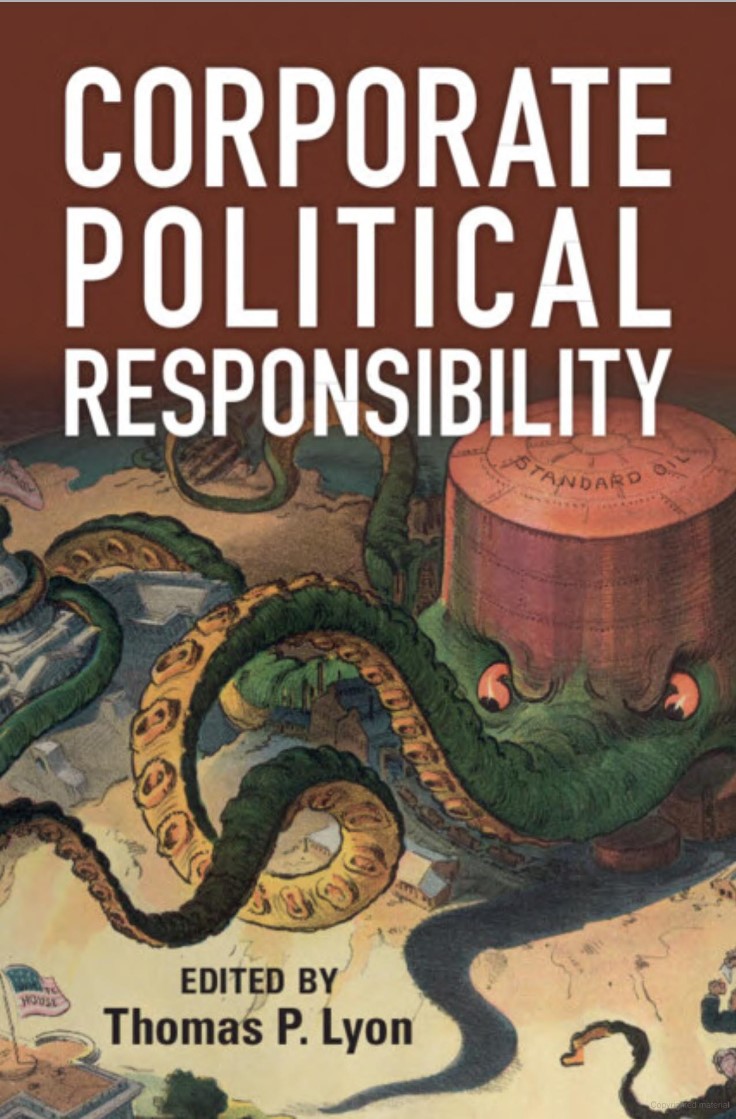
Behind closed doors, many large companies quietly use their political clout to influence public policy on social and environmental issues – often in a negative direction. This book seeks to create a new norm for responsible political behaviour by corporations. It brings together leading scholars of corporate political responsibility with leading organizations that have been working to support companies in adopting more responsible political practices. The contributors present new evidence on what motivates firms to become more responsible and how markets view corporate 'dark money' spending. They also explain how activists have pressed companies to play a more responsible role in politics. With a particular focus on climate change and the important role of corporate lobbying in supporting or blocking climate policy, this volume leads the way forward for researchers, activists and citizens who seek a future in which corporate political influence is transparent, accountable and responsible.
Successful leaders are great teachers, and successful teachers serve as models of leadership. This book enables both leaders and teachers to understand and use the best practices developed by award-winning professors, each of whom teaches one of the seven areas that are essential for business success.
These professors candidly discuss their successes and failures in the classroom, the mentors who inspired them, how they developed their teaching methods, and their rigorous preparation for class. Through descriptions of the professors in action, readers will gain an insider’s perspective on their teaching skills, and witness how they teach the seven essentials for success in a variety of settings—MBA, Executive MBA, and executive education courses. The chapters also describe the daily lives (professional and personal) of the professors, and the impact they have beyond the classroom in improving organizations and society.
If you are a leader or teacher—or if you are interested in the content of a business school education—this book provides an insider’s perspective on the best practices used by legendary professors when teaching the seven essentials that represent the core body of knowledge for business success.
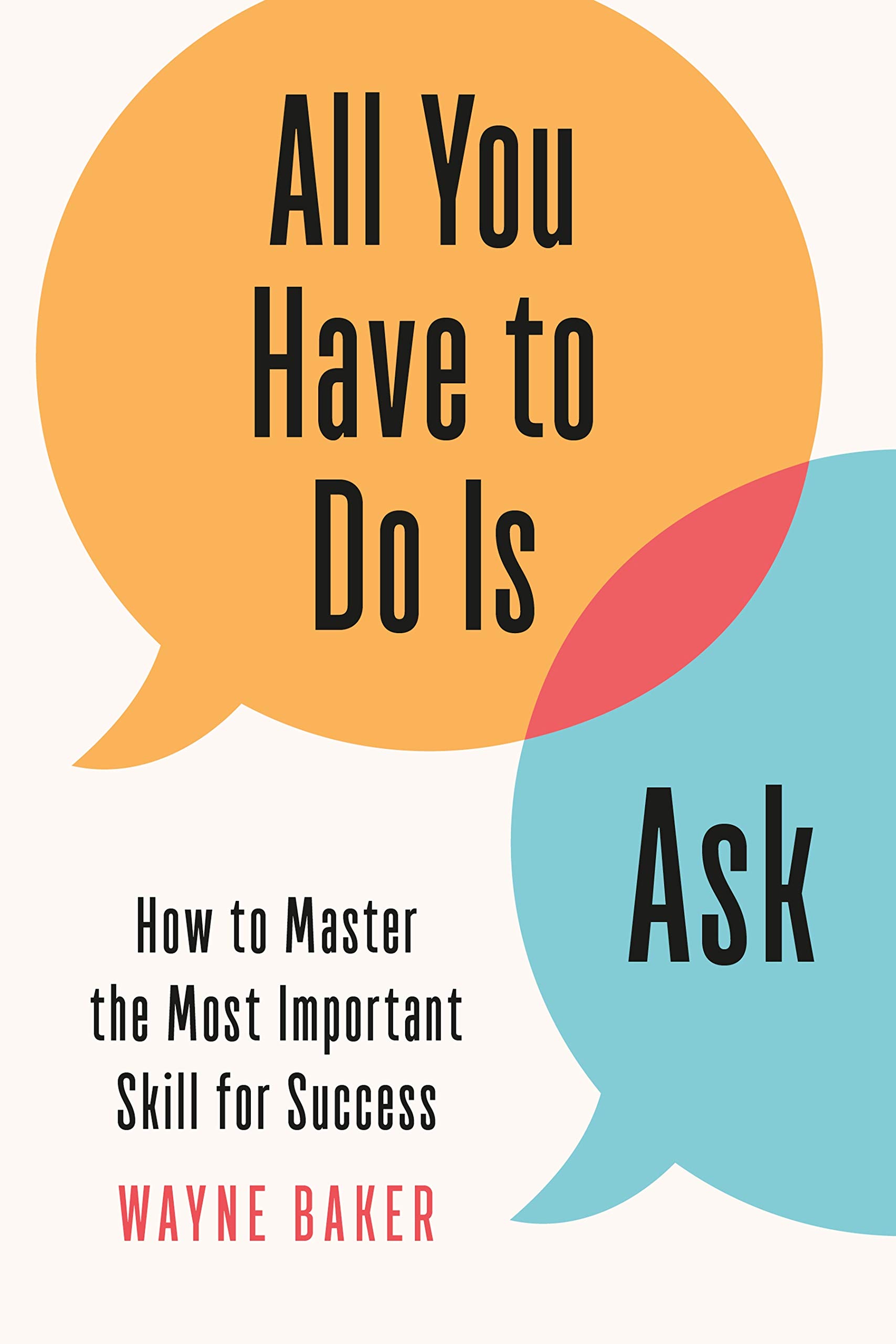
A set of tools for mastering the one skill standing between us and success: the ability to ask for the things we need to succeed.
Imagine you’re on a deadline for a big project, and feeling overwhelmed. Or you're looking for a job, but can't seem to get your foot in the door. Or you're dying for tickets to a sold out concert, and all your leads have gone cold.
What do these problems have in common? They can all be solved simply by reaching out to a colleague, friend, or wider network and making an ask.
Studies show that asking for help makes us better and less frustrated at our jobs. It helps us find new opportunities and new talent. It unlocks new ideas and solutions, and enhances team performance. And it helps us get the things we need outside the workplace as well. And yet, we rarely give ourselves permission to ask. Luckily, the research shows that asking—and getting—what we need is much easier than we tend to think.
Here, Wayne Baker shares a set of strategies—used at companies like Google, GM, and IDEO—that individuals, teams, and leaders can use to make asking for help a personal and organizational habit, including:
• A quiz to identify your asking-giving style
• SMART criteria for who, when, and how to ask
• “Plug-and-play ” routines that make requests a standard component of meetings
• Mini-games that incentivize asking within teams
• The Reciprocity Ring, a guided activity that allows people to tap into the giving power of a network
Picking up where the bestselling book Give and Take left off, All You Have to Do Is Ask shows us how to ignite the cycle of giving and receiving by asking for the things we need.
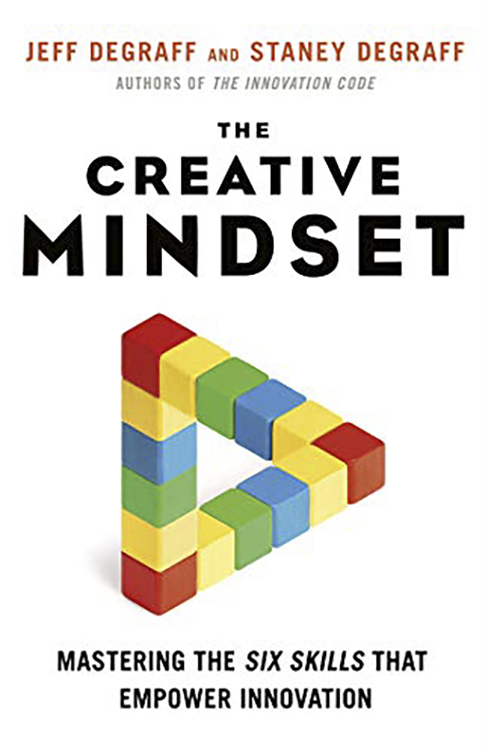
Innovation doesn't come from an algorithm, it comes from the personal creativity of individuals. And creativity is not a gift for the chosen few—it is a process that can be learned. Jeff and Staney DeGraff, two master innovators who have taught and worked with over half of all Fortune 500 companies, introduce six essential creative-thinking skills: Concentrate, Replicate, Elaborate, Associate, Translate, and Evaluate, or CREATE. Sequenced as steps, these skills simplify and summarize the most important research on creative thinking and draw on over thirty years of real-world application in some of the most innovative organizations in the world, Individual creativity is an immense untapped resource that is available to all of us. As the spirit of Chef Gusteau proclaims in the Pixar classic Ratatouille, "Anyone can cook."
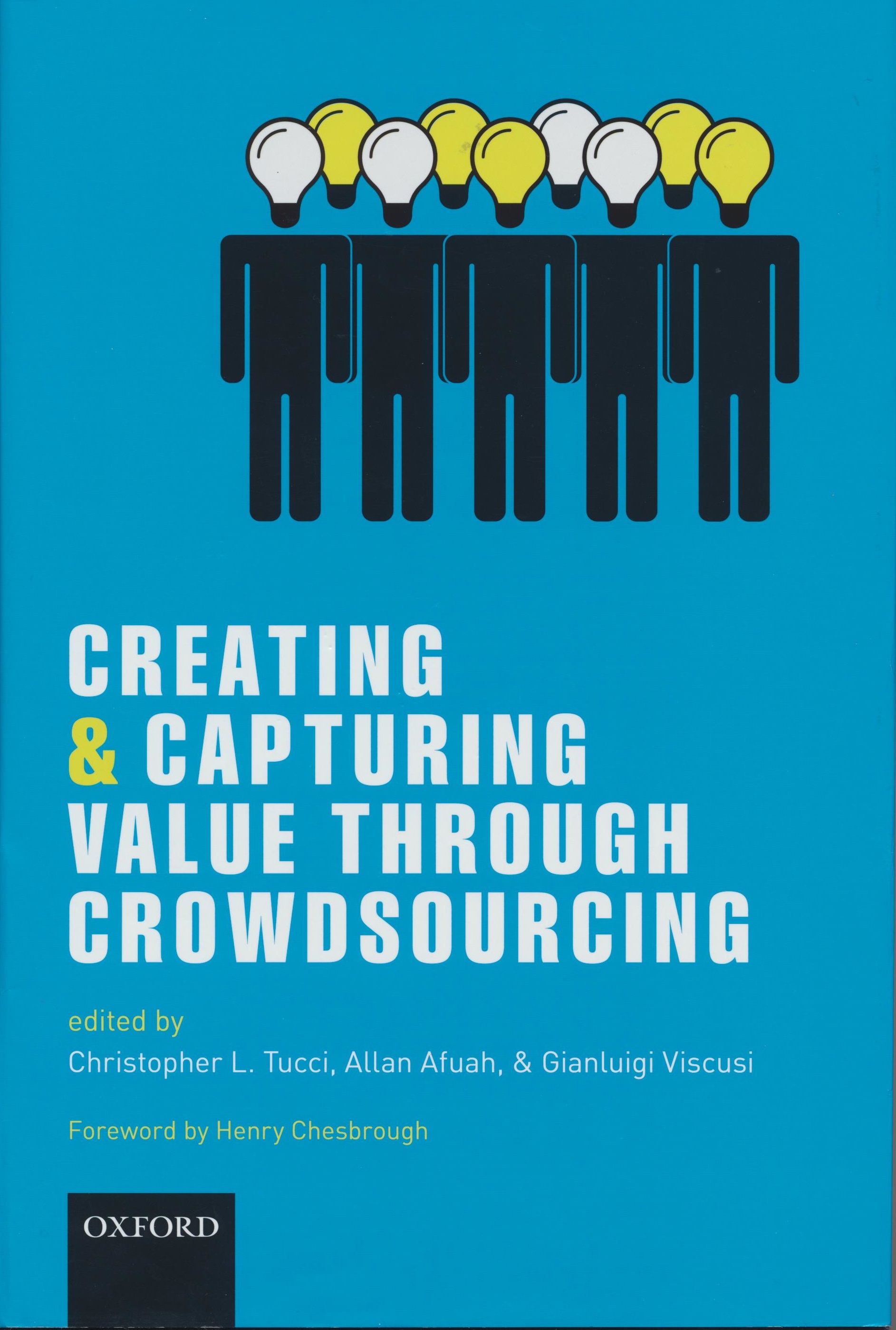
Examples of the value that can be created and captured through crowdsourcing go back to at least 1714 when the UK used crowdsourcing to solve the Longitude Problem, obtaining a solution that would enable the UK to become the dominant maritime force of its time. Today, Wikipedia uses crowds to provide entries for the world's largest and free encyclopedia. Partly fueled by the value that can be created and captured through crowdsourcing, interest in researching the phenomenon has been remarkable.
Despite this - or perhaps because of it - research into crowdsourcing has been conducted in different research silos, within the fields of management (from strategy to finance to operations to information systems), biology, communications, computer science, economics, political science, among others. In these silos, crowdsourcing takes names such as broadcast search, innovation tournaments, crowdfunding, community innovation, distributed innovation, collective intelligence, open source, crowdpower, and even open innovation. This book aims to assemble chapters from many of these silos, since the ultimate potential of crowdsourcing research is likely to be attained only by bridging them. Chapters provide a systematic overview of the research on crowdsourcing from different fields based on a more encompassing definition of the concept, its difference for innovation, and its value for both private and public sector.
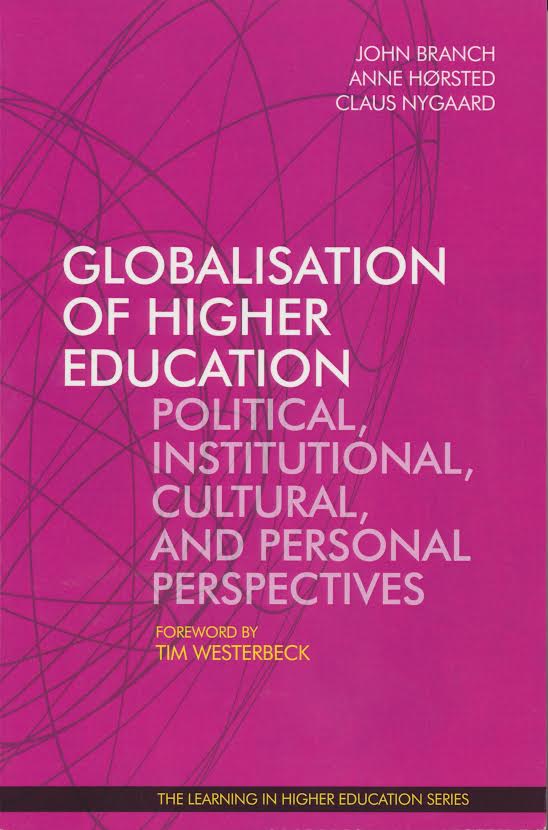
This book is a must read for anyone who seeks to understand the profound impact of higher education will have on the future of the global economy, on our emerging "global culture," and as the increasingly interdependent steward of our world's most valuable asset, global human capital.
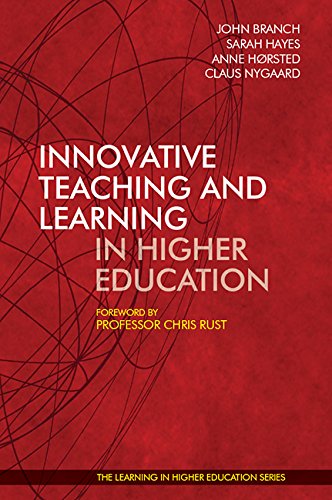
This latest volume in the Learning in Higher Education series, Innovative Teaching and Learning in Higher Education, brings together examples of teaching and learning innovations, within the domain of higher education. The anthology is diverse in nature and showcases concrete examples of innovative teaching and learning practices in higher education from around the world. The contributions come from all scientific disciplines and in all teaching and learning contexts.
The twenty-eight inspiring examples in this volume show considerable diversity in their approaches to teaching and learning practices; at the same time they improve both student engagement and student learning outcomes. All the authors argue that their innovative approach has helped students to learn differently, better, and more. For those involved in higher education, there is a lot to be gained from reading these narrative accounts of innovative teaching and learning.
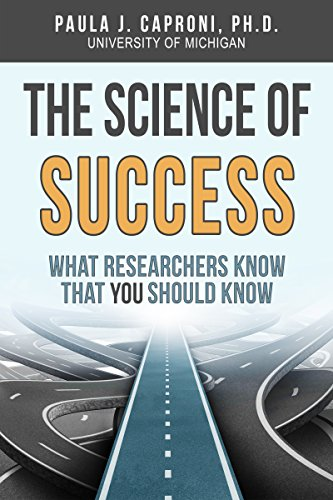
In this book, you will learn what you need to do to achieve the success in life that you desire and deserve. The author, University of Michigan Business School professor Paula J. Caproni, Ph.D., provides you with a practical framework that will help you get better results at work, be successful in your career, and enjoy a fulfilling life outside of work.




